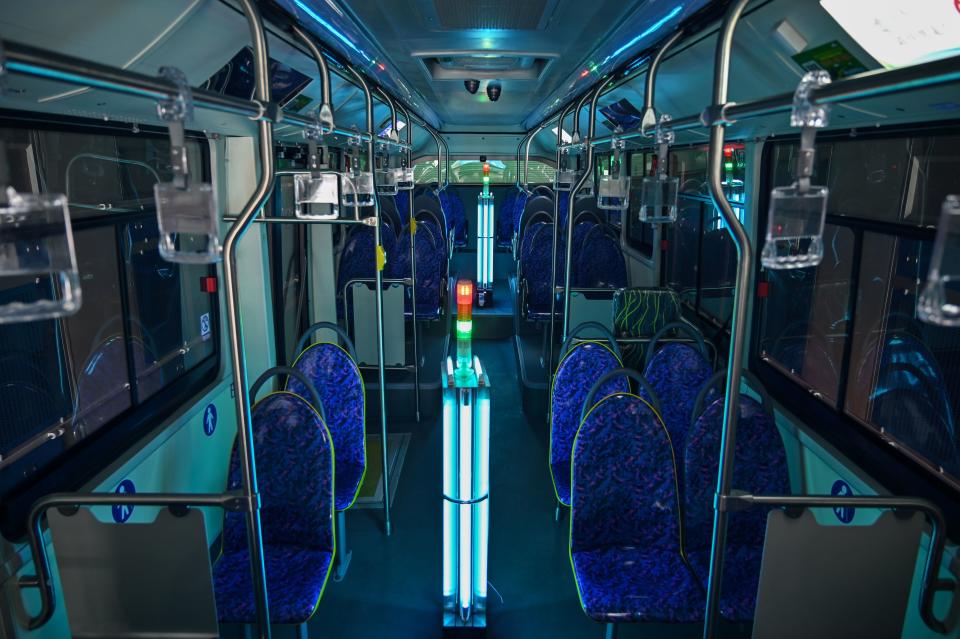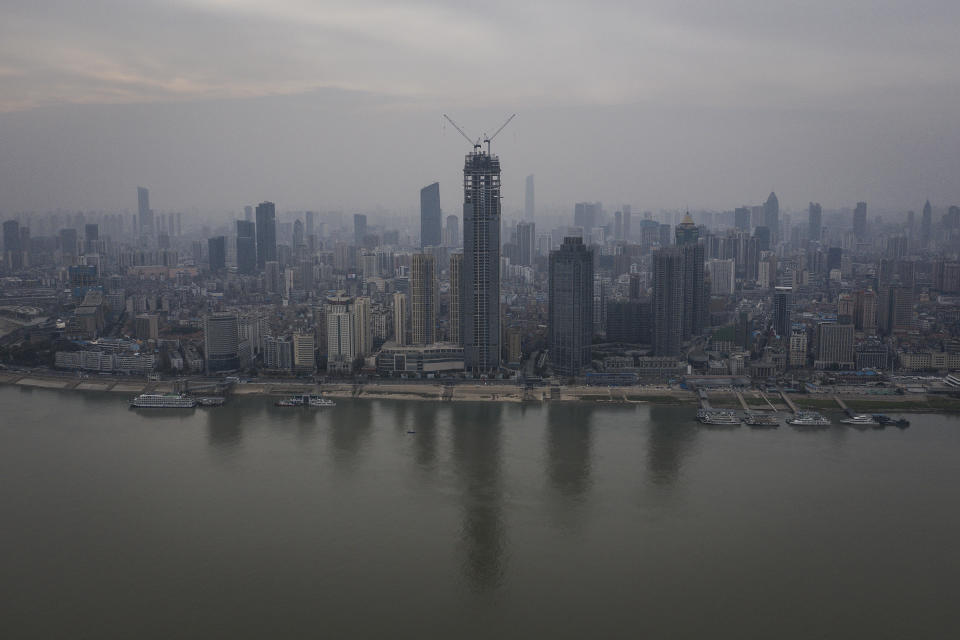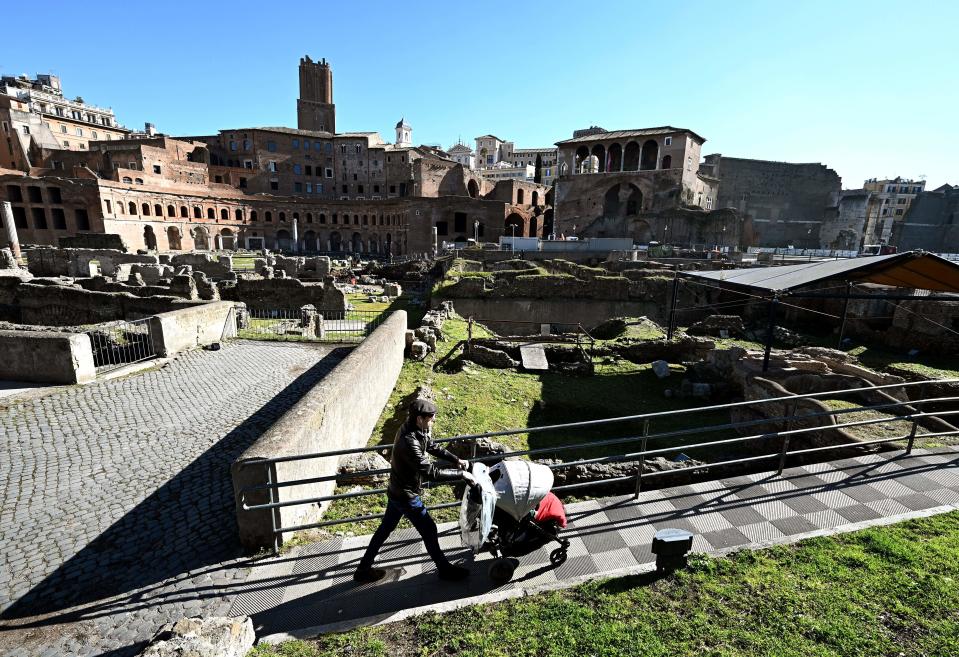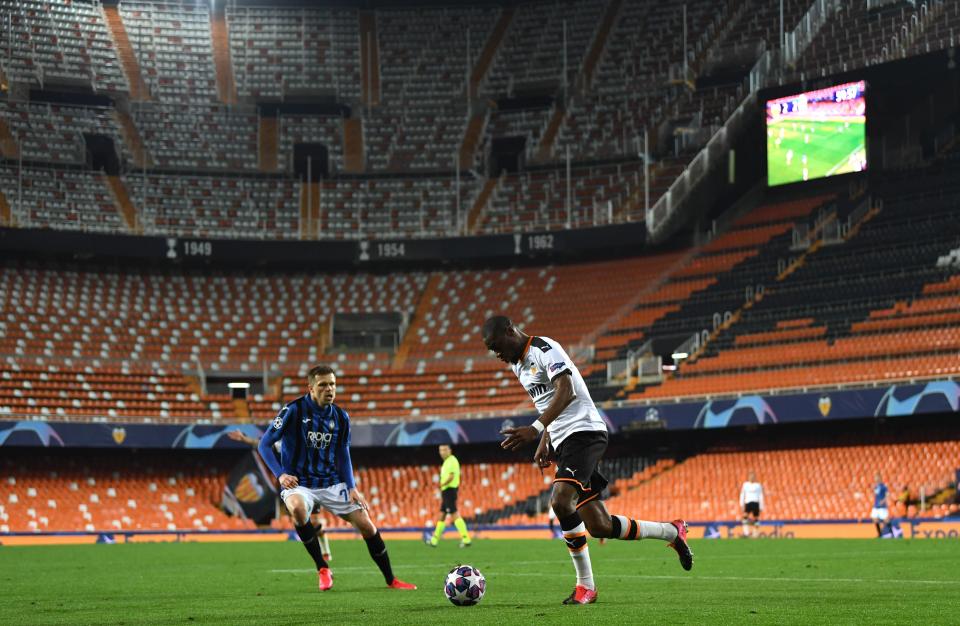How Britain's response to coronavirus compares to other countries

With 114 countries across the world now confirmed as having cases of coronavirus, governments are racing to try to limit the spread of the disease.
Boris Johnson on Thursday announced that the UK had switched to what is known as the ‘delay phase’ of tackling the spread of Covid-19, telling people who show any signs of symptoms to stay at home for seven days.
Some health experts, including former regional director of public health for north-west England John Ashton, have criticised the government for not “getting a grip” with the spread of the virus.
Here’s how different countries have responded to the spread of the virus and what measures they have taken:
The UK
Until now, the government’s approach has been in the ‘contain’ phase, which included advice on hand-washing and catching coughs and sneezes with tissues before binning them but it moved into the ‘delay’ phase on Thursday.
Delay is the second of four phases in the government’s coronavirus action plan and focuses on slowing the spread across the country and pushing it away from the winter season, when the impact is higher.
Announcing the escalation, the PM said that anyone showing symptoms – a persistent cough or fever – should stay at home for a week.
He also urged people over 70 not to go on cruise ships and for schools not to take pupils on international trips.
Read more: Local shop giving away hand sanitiser to pensioners for free to stop coronavirus spread
Johnson also warned of “severe disruption” over many months, although didn’t introduce a ban on large-scale sporting events.
Some have criticised the government from holding back on introducing more draconian measures seen elsewhere in the world.

China
Parts of China, where the virus originated, have been subject to strict regulations since January.
All foreigners were barred from leaving Hubei province, except those who were able to catch chartered flights organised by their home countries or territories, such as the US, Germany, the UK and Hong Kong, while in Wuhan, the Chinese city of 11 million people at the epicentre of the initial outbreak, the public transport network was temporarily shut down.
Read more: Coronavirus vs the flu: How they differ and why your winter jab won't help
Measures in areas of China also included border closures, the cancellation of incoming and outgoing flights, the halting of public transport and restriction of movement of people.
At one point, nearly 50 cities and four provinces in China had implemented measures and restrictions.

Many cities have banned public gatherings altogether and nationwide cinemas have been closed and performances at arts venues in Beijing cancelled until April.
Italy
Italy, which is the hardest hit country after China, has a strict government ban in place where all non-essential shops and services, bars and restaurants are closed until 25 March.
An earlier ban on travel and severely limiting movement remains in place until 3 April.
Public services and industrial production are allowed to continue, so long as employers impose safety measures to protect staff.
Anyone in the street who gets stopped by authorities will need to present a form explaining why they had to travel from their house to a destination.
Those breaking the rules facing fines or imprisonment after the country’s death toll rose 31% in 24 hours.

The country’s confirmed cases swelled massively as authorities scrambled to find a way to stem the outbreak, which was concentrated in its north.
By 21 February, Italy had recorded 17 cases. On Thursday, the total hit more than 12,000.
The government quarantined several towns before placing the entire north of the country into restrictions, which curtailed freedom to travel, but later placed the entire country under special measures.
The total number of confirmed cases in Italy stands at 12,462, with 827 deaths. According to John Hopkins University, 1,045 people have recovered.
Denmark
On Wednesday Denmark announced it has shut down all kindergartens, schools and universities for two weeks to slow the spread of coronavirus.
Announcing the move, prime minister Mette Fredericksen said day-care centres would be closed from Monday and university and school students sent home from Friday.
She also urged all events with more than 100 people to be cancelled, tightening the number from 1,000 previously.
The US
Donald Trump has suspended all travel between the US and Europe – excluding the UK and Ireland – for 30 days starting on Friday.
In an address to the nation from the Oval Office, Trump blamed the EU for not acting quickly enough to address the outbreak of the virus and saying US clusters were “seeded” by European travellers.
He said: “We made a life-saving move with early action on China. Now we must take the same action with Europe.”
The restrictions apply to 26 affected countries but not the UK and Ireland.
But his drastic step follows weeks of president Trump playing down the virus, comparing it to the common flu in a tweet on March 9.
He has been criticised for his response, with an ex-state governor calling it “sad”, and he previously responded to attacks of his handling of the outbreak by calling it a “hoax” from the rival Democratic Party.
The New York Times reported that an infectious disease expert was turned down for funding in the earlier stages of the outbreak in the US which could have allowed for coronavirus testing earlier.
The newspaper described it as “just one in a series of missed chances by the federal government to ensure more widespread testing during the early days of the outbreak”, when containment would have been easier to carry out.
On Thursday, the NBA announced it was suspending the 2019/20 basketball season until further notice after a Utah Jazz player tested positive.
France
Nurseries and schools have been closed in two of France’s most affected regions.
Authorities initially banned large events and gatherings of more than 1,000 people except those "essential to social and democratic life" in coronavirus hotspots, and they were later expanded to apply nationwide.
Tourist attractions such as the Louvre are restricting visitor numbers in a bid to contain the virus. Some regions are minimising local travel, closing schools and cancelling smaller events.
French president Emmanuel Macron urged the public to limit their visits to the elderly, who are considered to be more vulnerable to the virus.
The country has so far reported 2,284 cases, with 48 deaths.
Spain
Spain has taken measures to limit the spread of coronavirus, with schools, nurseries and universities closed in some areas including Madrid, the Basque capital Vitoria and La Rioja.
Catalonia has imposed limits on public events, with all gatherings involving more than 1,000 people suspended.

Measures have also been taken relating to sports events.
Top football league La Liga suspending matches for “at least two days” after Real Madrid players were quarantined following a Real Madrid basketball player – who shares facilities with the football team – tested positive.
King Felipe VI and Queen Letizia and Spain’s entire cabinet have also undergone tests for coronavirus after a minister tested positive, the FT reported.
The country has reported more than 2,200 cases and 55 deaths.
South Korea
South Korea is one of the worst affected countries in the world, with 7,869 people infected so far and 66 deaths.
“Special care zones” are in place in three of the worst affected cities and flights in and out of South Korea have been reduced.
South Korea has imposed restrictions on people who have been to China in the last 14 days, while other countries have imposed entry restrictions on anyone who has been to the country.
Authorities are also testing more people per capita than anywhere else, with nearly 20,000 people are being tested every day.



